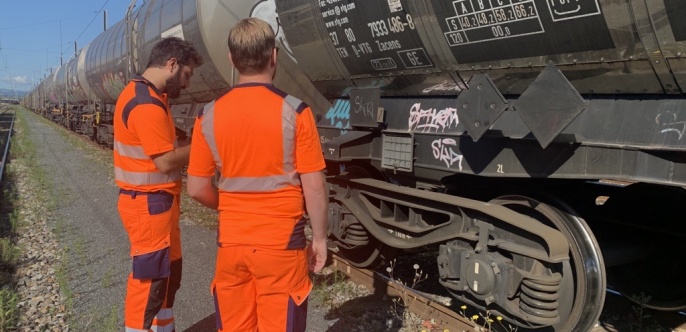Once an authorisation has been issued, the company holding the authorisation is subject to systematic, regular checks to ensure that the elements that justified issuing the authorisation continue to apply.
In the event of a company failing such a check, the EPSF may apply immediate provisional measures, which may include the scope of the authorisation being restricted or suspended or the authorisation being withdrawn. If the authorisation concerned was issued by the European Union Agency for Railways, the EPSF informs the Agency immediately of the measures taken.
The safety of the national rail system is monitored continuously. The EPSF must conduct several different types of checks in order to perform its role successfully:
- regular audits conducted periodically in order to verify that the conditions for issuing the various types of authorisations granted by the EPSF are being fulfilled;
- ad hoc audits initiated on the basis of feedback on incidents or following significant changes;
- random inspections designed to audit conditions in practice;
- operational monitoring in the form of specific types of random inspections aimed at assessing the reliability of operational processes and the condition of subsystem components contributing to transport safety.
The EPSF also ensures that safety levels are monitored by means of a shared data base of accidents and incidents, with this activity involving around 30,000 events per year.
In parallel, the EPSF coordinates feedback by organising regular meetings between all stakeholders and distributing monthly reports.
